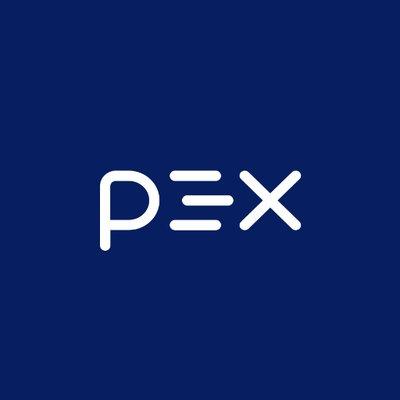Pex, a global video and music search engine, has announced the launch of its Attribution Engine, making it easier to track and identify audio and video content across major platforms. Used by all the Major labels, music publishers, movie studios, and MCNs, Pex improves how video is authenticated.
Pex stands out versus other offerings in that it can identify both audio and video, and works with segments as short as one second to identify derivative works that otherwise create ownership and claims confusion. Most importantly perhaps, the solution will be available for free to both rights holders and selected platforms.
The Pex Attribution Engine Allows Online Video and Music Platforms and Apps to Programmatically Authenticate Content Before Users Upload.
As safe harbor and copyright are poised to cause significant turmoil for user-generated content platforms in some of the world’s biggest markets, Pex, the stealth global video and music search engine used by major labels, MCNs, music publishers, and movie studios, announces the February release of their Attribution Engine, a multi-party solution ready to bring a radical improvement to how video is authenticated, a boon to platforms and rights holders alike.
Attribution--knowing who owns what, no matter how that content moves around the internet--will be the cornerstone of the next phase of digital content management, one dependent on stricter copyright, licensing, and royalty regimes. There is currently no efficient way to manage this information for video and audio across platforms. Pex’s technology stands apart in its ability to identify and attribute content without intensive human involvement. It promises to calm the frenzy and concern over regulations like the EU’s Article 13 and to support platforms and rights holders, big and small.
“Platforms will eventually have to identify content and respect the wishes of rights holders, regardless of what laws prevail,” says Pex CEO Rasty Turek. To do this, platforms and rights holders need an easy way to receive information about rights, to trust that content is being accurately attributed to the right people.
Pex aims to build this trust. Pex’s Attribution Engine is well suited to be an objective third party, giving both content providers and platforms accurate and transparent insights for licensing and equitable payouts. Though the company had been relatively quiet so far, Pex has earned the respect of the majors and hundreds of other rights entities through its rights management and analytics tools. For five years, it's unique, proprietary fingerprinting and indexing technologies have helped creators to automatically identify uses of their music and videos across all major social platforms.
“We see just about every video and song posted online,” Turek explains. “We provide insights to rights holders about how often their content is used by others, where it has been used in small segments, and across which platforms it is carrying momentum. Our clients know we provide the data they need to strengthen their bargaining power without shutting down the people and companies that help distribute their content. It’s a win-win.” This data will prove equally helpful to platforms, as a new era of copyright dawns.
The Attribution Engine is opening up in phases. As early as February, rights holders will be able to register their content, be notified about ownership conflicts, and reconcile them through the platform. In addition, selected UGC platforms will be able to look up rights information for speedy and accurate identification.
Pex stands out versus other offerings in that it can identify both audio and video, and works with segments as short as one second to identify derivative works that otherwise create ownership and claims confusion. Most importantly perhaps, the solution will be available for free to both rights holders and selected platforms.
In phase two (Spring 2019), Pex will roll out a private repository version of the Attribution Engine, in which rights holders can create their own private library of assets and extract insights about their own content. “You can ask ‘How many of my songs are in this medley,’” explains Turek. “Or you can remove duplicates from your own library of content. You can run a new TV show through the library, for example, and find out what songs from your library are being used and automatically produce a precise cue sheet. Our deep search tools allow you to gain a wide variety of insights from your own content.”
“In addition to improving offerings for large rights holders, we seek to bring transparency and insights to all creators so they can get access to the information and remuneration they deserve. We’ve built this to level the field, something that’s been longed for by all parties,” concludes Turek. “Regardless of what happens with new legislation around the world, we are ready to help both streaming platforms and rights holders.”



